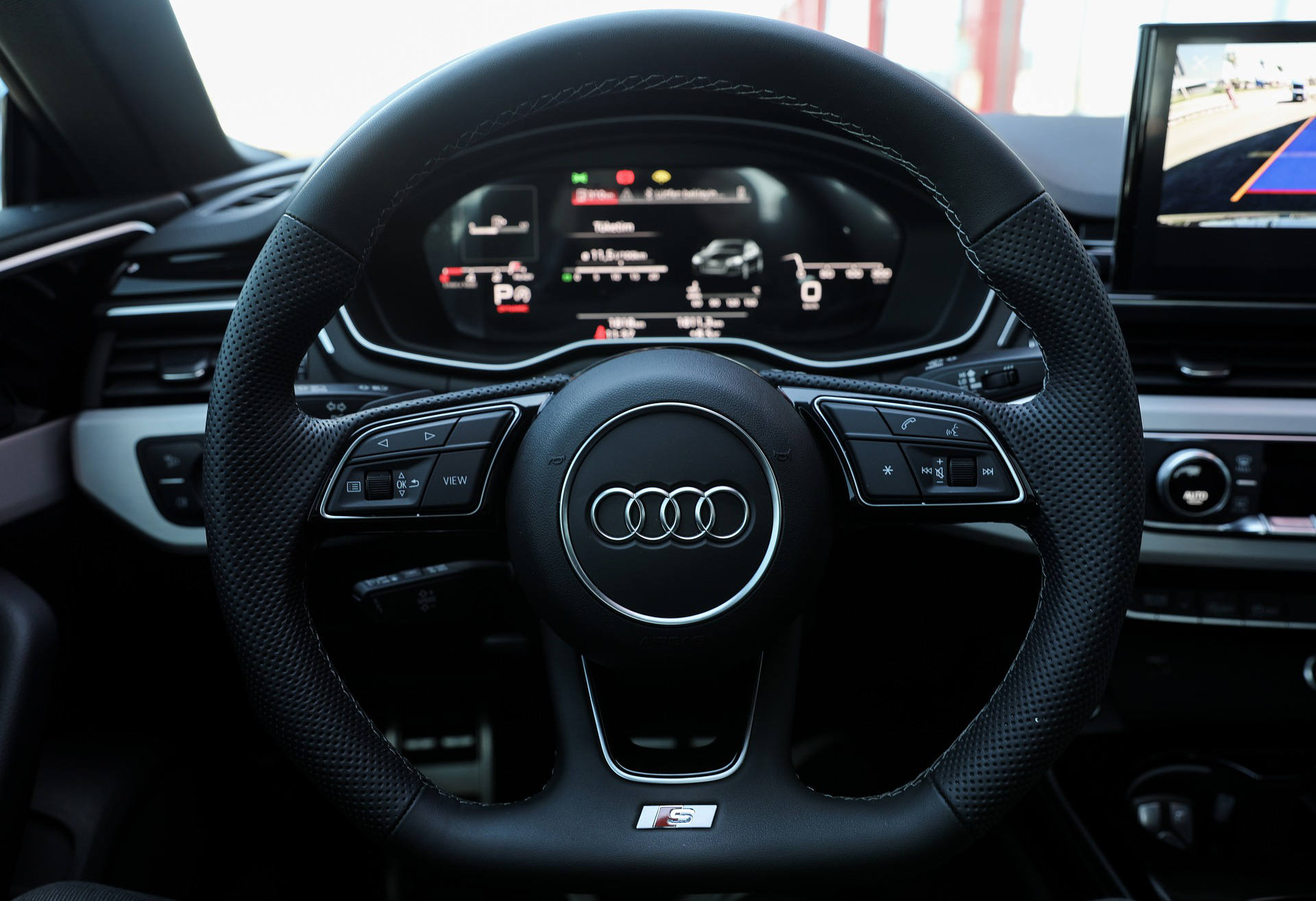
If your car’s electrical system starts acting up, what are the signs that your alternator is failing? The alternator is essential for ensuring that your vehicle’s electrical systems operate efficiently by recharging the battery and supplying power to the vehicle’s accessories. When it starts to fail, various issues can arise that affect the car’s performance. In this article, we’ll explore some common signs of alternator failure to help you identify problems early and avoid getting stranded on the road.
1. Warning Light Illuminates
A clear indication of a malfunctioning alternator is the alert light on your dashboard. Most vehicles manufactured in the last decade come equipped with battery-shaped icons or labels such as “ALT” or “GEN” to indicate alternator issues. This light activates when the alternator’s voltage output falls outside the normal range, typically between 13 and 14.5 volts. If the alternator can’t meet the required power demands, the warning light may flicker or stay on intermittently, especially when electrical accessories are in use.
2. Dimming or Flickering Lights
Another common symptom of alternator problems is erratic lighting. If your headlights or dashboard lights are dimming, flickering, or acting erratically, it indicates that the alternator is failing to generate sufficient power for the electrical system’s needs. As the alternator starts to fail, it struggles to keep up with increasing power usage, leading to fluctuating light intensity. If this issue worsens, you may notice lights dimming significantly, especially when turning on additional electrical accessories like the air conditioning or radio.
3. A Dead Battery
While a dead battery is often considered a standalone issue, it can indicate that the alternator is the root cause. The alternator is essential for replenishing the battery; if it malfunctions, the battery will not be able to hold its charge. A dead battery can also result from a faulty alternator that isn’t replenishing the power it consumes. If your car won’t start and you hear a clicking sound when you turn the key, it’s worth checking whether the alternator is functioning correctly before replacing the battery.
4. Strange Noises
If your car begins to make unusual sounds, such as whining or growling noises from under the hood, this could be a sign of alternator trouble. These noises are often the result of a worn-out alternator pulley or damaged bearings inside the alternator. The pulley is responsible for transferring power from the engine’s serpentine belt to the alternator, and when it becomes misaligned or damaged, it can produce these characteristic sounds. If you hear such noises, it’s essential to get the alternator checked as soon as possible to avoid further damage to the engine.
5. Smelling Something Strange
An overheated alternator can emit a distinct, burnt electrical smell that resembles that of hot wires or a potential electrical fire. This occurs when the alternator is pushed beyond capacity, leading to overheating. Additionally, if the alternator’s belt is misaligned or excessively worn, it can generate friction and a burning rubber smell. These smells warn that the alternator or related components need attention before failure.
6. Slow or Unresponsive Electrical Accessories
Have your power windows, seats, or other electrical accessories become slow or unresponsive? If these systems are lagging or struggling to function correctly, it could result from insufficient power from the alternator. When the alternator begins to fail, it can’t supply enough electricity to power all of your car’s electrical accessories at once. You may not notice the problem immediately, but if multiple accessories are acting up, it could be a sign that the alternator is struggling to keep up with the load.
7. Regular Stalling or Difficulty Starting
One of the earliest and most noticeable signs of alternator failure is difficulty starting the car or frequent stalling while driving. If your vehicle starts sluggishly or stalls after running for a while, it’s likely that the alternator is not charging the battery correctly. Since the battery relies on the alternator to stay charged, a failing alternator may leave it too weak to start the engine or keep it running smoothly. If your vehicle stalls unexpectedly, the alternator could be the culprit.
8. Broken or Loose Connections
Sometimes, the issue might not be the alternator itself but rather the electrical connections carrying power to the car’s systems. Loose or damaged connections can prevent the alternator from sending power where needed, resulting in dim lights, slow accessories, or the battery failing to charge. If you suspect this is the problem, a mechanic can check the wiring to ensure everything is securely connected.
9. Bad Belts
The alternator relies on a serpentine or accessory belt to keep it turning. If this belt is loose, damaged, or worn out, the alternator may not be able to generate enough power to charge the battery or power electrical components. A simple visual inspection of the belt for signs of wear, cracks, or breakage can help you catch this issue before it causes further damage to the alternator. If the belt is slipping, it might also make a squealing noise, which is an additional clue to the problem.
10. Battery Drain
If your vehicle’s battery continues to drain quickly, even after a jump-start, it could be due to a failing alternator. When the alternator can no longer supply the correct voltage, the battery becomes the primary power source for the vehicle’s electrical system. Over time, this causes the battery to run down and lose its charge. If you need to jump-start your car frequently, it’s essential to have the alternator tested to avoid getting stuck on the road.
Conclusion
So, what are the signs that my alternator is failing? The most common symptoms include flickering or dim lights, difficulty starting the vehicle, unusual noises, a dead battery, and electrical accessories that are slow or unresponsive. If you notice these signs, promptly addressing the issue is essential. A failing alternator can lead to various problems, from battery drain to total engine failure. By monitoring these signs, you can detect alternator issues early and assist in maintaining your vehicle in peak condition. If you think there might be an issue with the alternator, consult a qualified mechanic to prevent expensive repairs.

